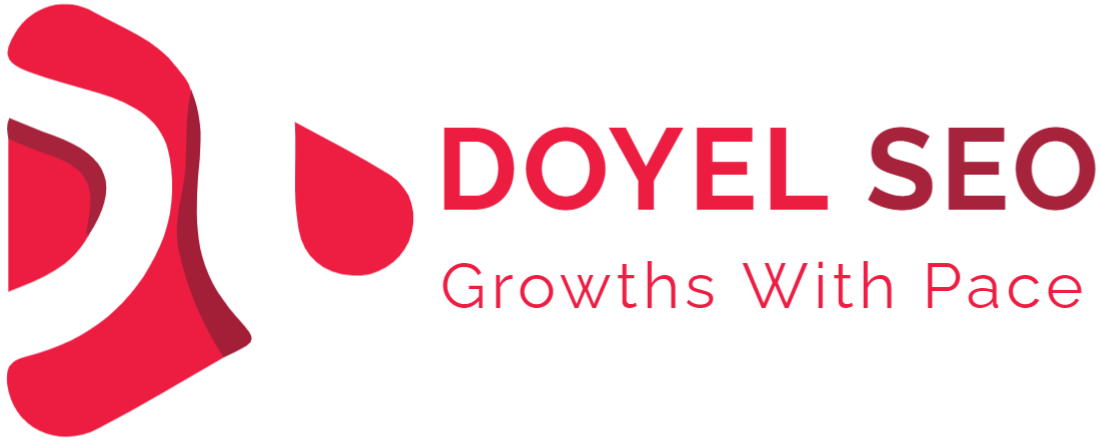Digital location management refers to the practice of managing and optimizing a business's online presence and information across various digital platforms and directories, ensuring that accurate and consistent location-based data is available to potential customers.
This is especially important for businesses with physical locations, such as retail stores, restaurants, healthcare facilities, and service centers, as it directly impacts their visibility and accessibility to native customers.
Here are some key aspects and strategies related to DLM:
Business Listings: Ensuring that accurate business information (e.g., name, address, phone number, website URL) is consistently and correctly listed across internet directories, search engines, review websites, and social media platforms. This consistency is crucial for both search engine optimization (SEO) and customer trust.
Google My Business (GMB): Claiming and optimizing your Google My Business listing is vital, as it can significantly impact native search rankings on Google. It includes providing essential business information, adding photos, responding to reviews, and posting updates.
Local SEO: Implementing endemic search engine optimization techniques to improve the visibility of your business in local search results. This involves optimizing website content, using location-specific keywords, and obtaining high-quality territorial backlinks.
Online Reviews: Monitoring and managing online reviews on platforms like Google, Yelp, and Facebook. Encourage satisfied customers to leave positive reviews and promptly address any negative feedback.
Local Citations: Building consistent citations (mentions of your business's name, address, and phone number) across relevant internet directories and websites. This can improve your territorial search rankings and authority.
Mobile Optimization: Ensuring that your website and web presence are mobile-friendly, as many users access location-based information using mobile devices.
Local Content: Creating and publishing spatial content that is relevant to your target audience, such as blog posts, articles, and event listings related to your area of operation.
Social Media: Leveraging social media platforms to engage with territorial customers, share updates, and promote events or special offers.
Monitoring and Analytics: Regularly tracking the performance of your DLM efforts through analytics tools. This helps in understanding what strategies are working and where improvements are needed.
Local Advertising: Running localized online advertising campaigns, such as Google Ads or Facebook Ads, to target specific geographic areas and demographics.
Voice Search Optimization: With the rise of voice-activated devices and voice search, optimizing your digital location information for voice search queries is becoming increasingly important.
Data Accuracy: Continuously updating and verifying your location data to ensure its accuracy. Changes in business hours, addresses, or contact information should be promptly reflected web.



